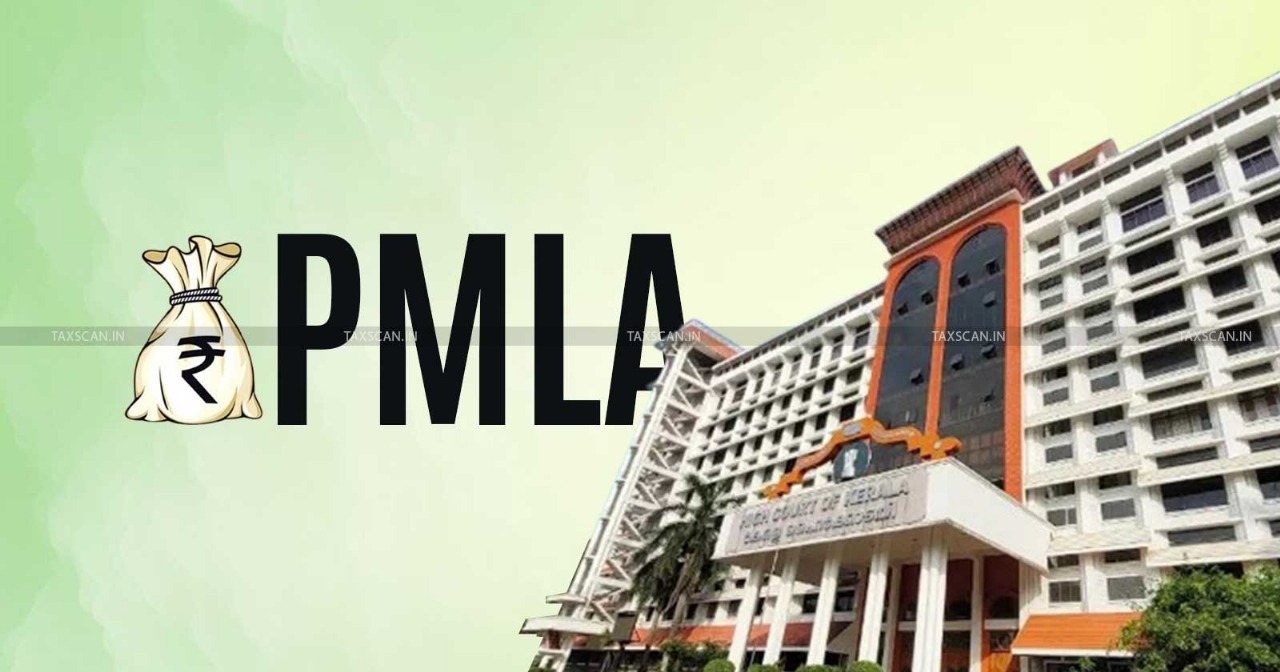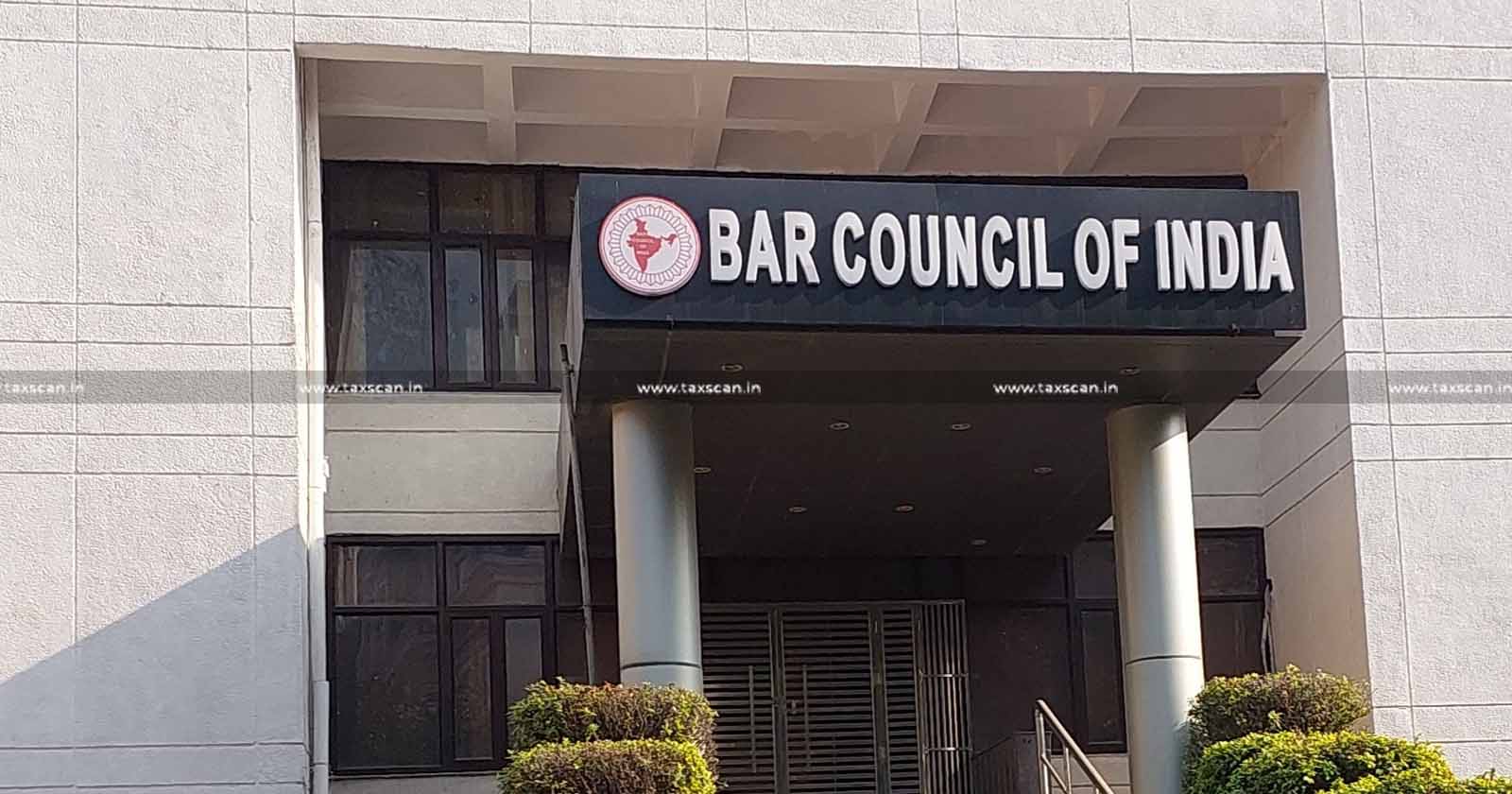Misrepresenting Coal Block Allocation to Artificially Inflate BSE Share Price: Delhi HC Upholds ₹122 Cr ED PMLA Attachment [Read Order]
The High Court found that the false BSE disclosure and preferential sale produced alleged undue gains for the Respondent industry
![Misrepresenting Coal Block Allocation to Artificially Inflate BSE Share Price: Delhi HC Upholds ₹122 Cr ED PMLA Attachment [Read Order] Misrepresenting Coal Block Allocation to Artificially Inflate BSE Share Price: Delhi HC Upholds ₹122 Cr ED PMLA Attachment [Read Order]](https://images.taxscan.in/h-upload/2025/11/05/2102622-coal-block-coal-block-allocation-bse-share-price-delhi-hc-pmla-attachment-taxscan.webp)
The Delhi High Court recently affirmed that disclosing false information to the Bombay Stock Exchange claiming pre-allotment of the coal block and the subsequent preferential sale of shares following the artificial spike in shares market price justified the Enforcement Directorate’s (ED) provisional attachment of assets worth ₹122.74 crore under the Prevention of Money Laundering Act, 2002 (PMLA).
The factual matrix follows an application filed by M/s Prakash Industries Ltd (Prakash Industries) for the Fatehpur coal block in January 2007. Prakash Industries disclosed to BSE on 19 November 2007 that it had been allotted the block before formal allotment on 6 February 2008, leading to a rise in share price from ₹31 on 2 April 2007 to ₹254.60 on 1 January 2008.
 Also Read:ED’s Attachment Order u/s 5(1) of PMLA Not Open to Writ Challenge Without Exhausting Remedies Under the Act: Kerala HC [Read Order]
Also Read:ED’s Attachment Order u/s 5(1) of PMLA Not Open to Writ Challenge Without Exhausting Remedies Under the Act: Kerala HC [Read Order]
Subsequently, a preferential allotment was conducted and sale of 62,50,000 equity shares on 3 January 2008 allegedly generated gains of ₹118.75 crore as per the facts stated before the Court.
The coal block allocation was subsequently canceled as per the Supreme Court decision in Manohar Lal Sharma v. Union of India (2012), the Central Bureau of Investigation (CBI) registered an FIR on 26 March 2014 under Sections 120B and 420 of IPC and Section 13(2) read with 13(1)(d) of the Prevention of Corruption Act, 1988, alleging fraudulent procurement of the allocation.
Understanding Common Mode of Tax Evasion with Practical Scenarios, Click Here
On the same day, the ED registered a case and initiated investigation under the PMLA. The ED seized jewellery worth ₹1.66 crore and related records, later filing a complaint under Section 5(5) of the Act, which was initially upheld by the Adjudicating Authority on 5 April 2017.
The ED also issued a Provisional Attachment Order (PAO), attaching properties valued at ₹122.74 crores, on the premise that the undue financial gains, obtained by Prakash Industries, from the sale of preferential shares constituted proceeds of crime. Aggrieved by the issuance of the PAO, the present petition was filed.
The Enforcement Directorate was represented by Zoheb Hossain, Vivek Gurnani, Pranjal Tripathi, Kartik Sabharwal and Sheikh Raqueeb.
Prakash Industries was represented by Dayan Krishnan, Ankur Chawla, Chander B. Bansal, Gurpreet Singh, Jatin S. Sethi, Bukul Jain, Kunal Aggarwal, Shivam Bansal and Yash Pandey.
The Division Bench of Justice Anil Kshetarpal and Justice Harish Vaidyanathan Shankar heard the counsel at length, primarily on whether the PAO was sustainable and whether the preferential allotment and share sale formed part of the chain of events generating proceeds of crime.
On the facts, the Bench accepted the Directorate’s position that the false communication to the market was part of a process that produced unlawful gains which were then realised through a formal and legal corporate transaction.
Understanding Common Mode of Tax Evasion with Practical Scenarios, Click Here
The Court noted that the investigation and chargesheet of the CBI recorded misdeclaration of net worth (PIL’s declared net worth of ₹532 crore was in contrast with their actual negative net worth), and that those findings, read in tandem with the BSE disclosure and the timing of the preferential sale, established a prima facie nexus between the alleged fraud and the resultant gains.
Accordingly, the Bench held the provisional attachment order could not be quashed at the writ stage.
 Also Read:Attendance Shortage Can’t Bar Law Students From Exams: Delhi HC Orders UGC Regulations Review [Read Order]
Also Read:Attendance Shortage Can’t Bar Law Students From Exams: Delhi HC Orders UGC Regulations Review [Read Order]
Legally, the Court emphasised that Section 5(1) of the PMLA authorises provisional attachment where an authorised officer has a reason to believe, on the basis of material in possession, that proceeds of crime exist and are liable to be dissipated.
Given the Directorate’s recorded reasons and the documentary trail on misdeclaration and market disclosure, the Bench concluded that the PAO could not be vitiated by jurisdictional error and proceeded to restore the attachment of ₹122.74 crore by the ED. The Court clearly framed the misrepresentation-to-market-impact-to-preferential-sale sequence as the factual substratum justifying ED action, leaving contested questions of criminal guilt for trial.
Support our journalism by subscribing to Taxscan premium. Follow us on Telegram for quick updates


